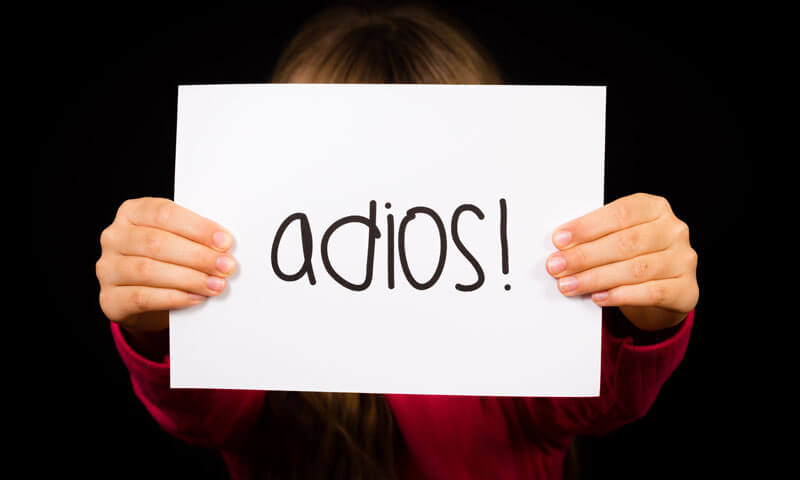Former Federal Trade Commission (FTC) Commissioner Joshua Wright has initiated a defamation lawsuit against two of his former students in response to allegations of sexual harassment. The lawsuit seeks a staggering $108 million in damages, attributing lost business opportunities to the fallout from the accusations.
Wright, previously a professor at ASS Law, is facing allegations from several former students, including Cleveland State law professor Crista Laser and two now-senior Biglaw attorneys. The allegations trace back to incidents during their time as first-year law students in Wright’s class.
One of the accusers, Crista Laser, disclosed an unsettling encounter with Wright. She claimed that he exploited his role in the academic hiring process to imply the existence of a job opportunity, which he then used as a segue to make inappropriate advances. Subsequently, two senior attorneys shared their stories of becoming entangled in sexual relationships with Professor Wright during their initial year as students. These relationships allegedly continued into their professional lives, with Wright allegedly leveraging his perceived influence over their future careers to maintain their involvement.
It was also revealed that Elyse Dorsey, a partner at Kirkland & Ellis, had filed a Title IX complaint regarding these allegations in 2021. Dorsey’s complaint added to the mounting controversy surrounding Wright’s behavior.
Find the legal job that fits your lifestyle and career goals with BCG Attorney Search.
Represented by the Binnall Law Group, known for their association with the political realm, Wright’s defamation lawsuit takes an unconventional approach. Instead of refuting the alleged misconduct, the lawsuit attempts to discredit the accusers. The lawsuit characterizes Elyse Dorsey and Angela Landry, the defendants, as “scorned former lovers and law students” who are on a mission to tarnish Wright’s reputation and capitalize on the situation.
In a surprising move, the lawsuit asserts that Dorsey and Landry sought a multimillion-dollar settlement from Wright in exchange for not pursuing further legal action. This claim raises questions about the timeline of damage and whether it was inflicted before or after the demand for settlement.
The lawsuit also delves into the intricate dynamics of Wright’s relationships with his accusers. While Dorsey confronts Wright about his involvement with another former student, the lawsuit counters that this individual was not just any former student but a romantic rival. The lawsuit suggests that the relationships between the parties involved were consensual and complex, dismissing the portrayal of Wright as a sexual predator.
However, legal experts are critical of Wright’s approach. They argue that his lawsuit inadvertently reinforces the allegations against him. By openly admitting to engaging in romantic relationships with multiple first-year students and attempting to portray these relationships as consensual, the lawsuit potentially damages his professional reputation even further. Clients and colleagues may perceive Wright as a law school professor who engaged in inappropriate conduct, thus undermining his credibility.
The lawsuit’s attempt to downplay the significance of the accusations by framing them as part of a love triangle has been met with skepticism. The legal community emphasizes that the core issue is not the nature of the relationships but the alleged misuse of authority and influence by a professor over his students.
In a surprising twist, the defamation lawsuit itself has drawn attention for its unorthodox strategy, which could ultimately backfire and amplify the negative perception of Wright. Legal analysts and observers believe that this legal battle will have far-reaching implications for Wright’s professional standing and legacy, regardless of the lawsuit’s outcome.
As the case unfolds, it raises broader discussions about the intersection of academia, power dynamics, and accountability within educational institutions. The outcome of this lawsuit could set a precedent for how allegations of sexual misconduct involving faculty and students are handled in the legal and educational realms.
Don’t be a silent ninja! Let us know your thoughts in the comment section below.






































